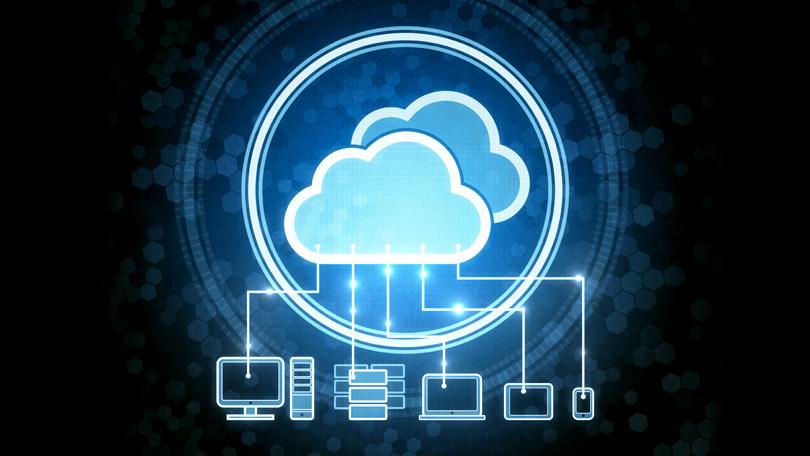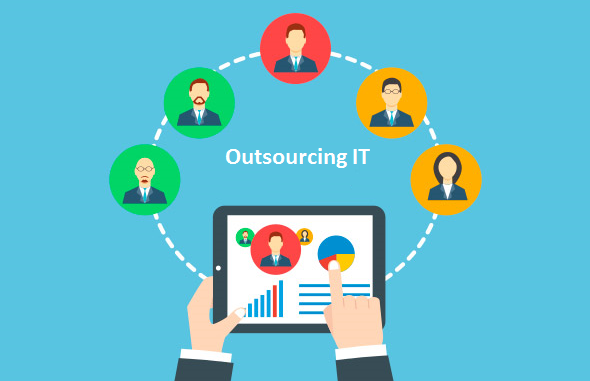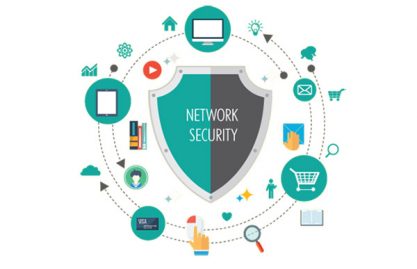Endpoint Detection and Response Software Use and Capabilities
Endpoint detection and response (EDR) is a security technology that provides real-time monitoring and response capabilities for endpoints, such as computers, laptops, and mobile devices.
It uses a combination of endpoint security software, network monitoring, and analytics to detect and respond to malicious activity on an endpoint. EDR solutions can detect and respond to malicious activity in real-time, allowing organizations to quickly identify and mitigate threats.
EDR solutions can also provide visibility into user activity on endpoints, allowing organizations to better understand user behavior and identify potential security risks. Additionally, EDR solutions can provide detailed forensic analysis of malicious activity, allowing organizations to quickly identify the source of the attack and take appropriate action.
I. Xcitium EDR
Xcitium EDR is a cloud-based endpoint detection and response (EDR) solution that helps organizations detect and respond to threats in real-time.
It provides advanced threat detection capabilities, such as behavior-based detection, machine learning, and automated response. It also provides visibility into the network and endpoints, allowing organizations to quickly identify and respond to threats.
Xcitium EDR also offers a range of features, such as threat intelligence, incident response, and compliance reporting.
II. Oracle ERP Cloud
Oracle ERP Cloud is a comprehensive cloud-based enterprise resource planning (ERP) solution that helps businesses manage their finances, operations, customer relationships, and more.
It provides a comprehensive suite of tools for automating business processes, streamlining operations, and providing insights into customer behavior.
III. SAP ERP
SAP ERP is a comprehensive enterprise resource planning (ERP) solution that helps businesses manage their finances, operations, customer relationships, and more. It provides a comprehensive suite of tools for automating business processes, streamlining operations, and providing insights into customer behavior.
IV. Sage Intacct
Sage Intacct is a cloud-based enterprise resource planning (ERP) solution that helps businesses manage their finances, operations, customer relationships, and more. It provides a comprehensive suite of tools for automating business processes, streamlining operations, and providing insights into customer behavior.
V. NetSuite ERP
NetSuite ERP is a cloud-based enterprise resource planning (ERP) solution that helps businesses manage their finances, operations, customer relationships, and more. It provides a comprehensive suite of tools for automating business processes, streamlining operations, and providing insights into customer behavior.
VI. Epicor ERP
Epicor ERP is a comprehensive enterprise resource planning (ERP) solution that helps businesses manage their finances, operations, customer relationships, and more. It provides a comprehensive suite of tools for automating business processes, streamlining operations, and providing insights into customer behavior.
VII. Infor CloudSuite
Infor CloudSuite is a cloud-based enterprise resource planning (ERP) solution that helps businesses manage their finances, operations, customer relationships, and more. It provides a comprehensive suite of tools for automating business processes, streamlining operations, and providing insights into customer behavior.
VIII. Acumatica Cloud ERP
Acumatica Cloud ERP is a comprehensive cloud-based enterprise resource planning (ERP) solution that helps businesses manage their finances, operations, customer relationships, and more. It provides a comprehensive suite of tools for automating business processes, streamlining operations, and providing insights into customer behavior.
IX. Deltek ERP
Deltek ERP is a comprehensive enterprise resource planning (ERP) solution that helps businesses manage their finances, operations, customer relationships, and more. It provides a comprehensive suite of tools for automating business processes, streamlining operations, and providing insights into customer behavior.
X. Workday ERP
Workday ERP is a cloud-based enterprise resource planning (ERP) solution that helps businesses manage their finances, operations, customer relationships, and more. It provides a comprehensive suite of tools for automating business processes, streamlining operations, and providing insights into customer behavior.
XI. Intuit QuickBooks Enterprise
Intuit QuickBooks Enterprise is a comprehensive enterprise resource planning (ERP) solution that helps businesses manage their finances, operations, customer relationships, and more. It provides a comprehensive suite of tools for automating business processes, streamlining operations, and providing insights into customer behavior.
XII. Oracle JD Edwards EnterpriseOne
Oracle JD Edwards EnterpriseOne is a comprehensive enterprise resource planning (ERP) solution that helps businesses manage their finances, operations, customer relationships, and more. It provides a comprehensive suite of tools for automating business processes, streamlining operations, and providing insights into customer behavior.
XIII. Sage X
Sage X3 is a comprehensive enterprise resource planning (ERP) solution that helps businesses manage their finances, operations, customer relationships, and more. It provides a comprehensive suite of tools for automating business processes, streamlining operations, and providing insights into customer behavior.
XIV. Microsoft Dynamics GP
Microsoft Dynamics GP is a comprehensive enterprise resource planning (ERP) solution that helps businesses manage their finances, operations, customer relationships, and more. It provides a comprehensive suite of tools for automating business processes, streamlining operations, and providing insights into customer behavior.
XV. Infor SyteLine
Infor SyteLine is a comprehensive enterprise resource planning (ERP) solution that helps businesses manage their finances, operations, customer relationships, and more. It provides a comprehensive suite of tools for automating business processes, streamlining operations, and providing insights into customer behavior.










Recent Comments